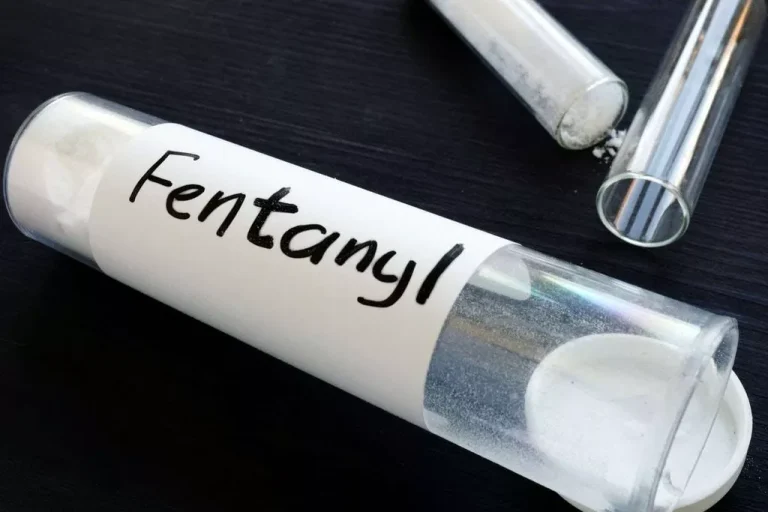
Red wine contains high levels of histamine and may cause headaches, congestion, and itching in people with histamine intolerance. This article looks at some of the possible causes of alcohol allergy or intolerance. It also offers tips on how to drink alcohol safely if you have an allergy or intolerance to any ingredient used to make wine, beer, or distilled spirits.
How do the side effects of Amitiza compare with those seen with Linzess?
They don’t have one of the active enzymes needed to process alcohol -- alcohol dehydrogenase (ADH) or aldehyde dehydrogenase (ALDH). In some cases, reactions can be triggered by a true allergy to a grain such as corn, wheat or rye or to another substance in alcoholic beverages. If you’re allergic to another ingredient contained in certain alcoholic products, switching to a different drink might be an option. For example, barley is typically found in beer but not wine. These compounds are often added to beer and wine to limit the growth of yeast and act as a preservative. Common sulfites include potassium bisulfite or potassium metabisulfite.
- Then, you’ll try to add the food back in later to see if your symptoms come back.
- Alcohol intolerance is a problem with the specific enzyme that helps your body metabolize alcohol.
- Unusual symptoms that may leave one questioning whether the drink in hand is a source of enjoyment or distress.
- While rare, people with grape allergies should avoid wine and grape-based liquors, including brandy.
Are you allergic or intolerant to alcohol?
- In contrast, an alcohol allergy could become life threatening.
- The information we provide is not intended to be a substitute for professional medical advice, diagnosis or treatment.
- Your immune system produces antibodies, and when triggered, the antibodies cause the release of histamines and other mediators.
- If you feel wasted after getting drunk and your body shows severe withdrawal symptoms, then you are definitely allergic to alcohol.
- That means you may be allergic to one type of pollen but not another.
- Severe flushing can be very uncomfortable, but it is not dangerous.
- In a few cases, alcohol intolerance can be a sign of a more serious problem.
In general, symptoms of allergic reaction can be mild or serious. Once your body makes an antibody to an allergen, you'll likely continue to have reactions to that allergen the next time you come in contact with it. Symptoms can be more or less severe in future episodes and are not always the same as the initial episode. Antihistamines are medications that block histamines and, thus, reduce your allergy symptoms. Most antihistamines are available over the counter (OTC), without a prescription.
How Do Allergies Work?

For example, try an Autumn Sparkler cocktail — tasty and allergy-symptom-free. If you’re allergic to sulphites, which naturally occur in alcohol, you may break out in itchy and painful hives after drinking. Those with asthma are more likely to be allergic to sulphites and should be extra wary of the appearance of hives. If everything from your face to your neck, chest and the rest of your body turns bright red and feels hot, your body is letting you know that you’re allergic to alcohol.
- Whether you’re a regular gin drinker or you’ve just discovered that it’ll be the best option for you, gin can be enjoyed in many ways by those with alcohol intolerance.
- However, if you’re allergic to an ingredient found in certain alcoholic drinks, dishes which contain that drink are not safe to eat.
- However, if you have a serious allergy-like reaction following drinking alcohol, consult a medical professional.
- This figure represents people whose symptoms are traceable to what the manufacturers made the product from and its production process, not the alcohol itself.
- If you experience a mild allergic reaction, over-the-counter oral antihistamines may be enough to treat it.
- The highest prevalence (35-40 percent) is among in people of East Asian descent.
Certain immune cells release histamine when exposed to an allergen. These histamines cause the symptoms you experience, like itchy eyes, scratchy throat, runny nose, and cough. The body has five types of immunoglobulins, including IgE, which is responsible for the allergic response. This article explains how allergies develop and what happens in the body when a reaction is life-threatening.

Yeast Allergies
But you should call your doctor right away if you have severe diarrhea. They can help determine if Amitiza is the cause and if it’s safe for you to continue the medication. They can also evaluate you to see if you need fluids to prevent dehydration.
- Two common symptoms are facial flushing, in which the skin on the face quickly turns red, and nasal congestion.
- It’s very difficult for consumers to know whether an alcoholic drink contains allergens or ingredients they’re intolerant to.
- If you develop any signs or symptoms of low blood pressure, tell your doctor right away.
- Many of the effects of drinking every day can be reversed through early intervention.
- Your body has two enzymes that are supposed to break down histamine, but sometimes they don’t work as well as they should.
Amazon Great Freedom Festival Sale 2024: Avail best deals on skincare, supplements and more
To date, there is little strong evidence of this, though distillation is likely to leave behind only negligible amounts of the proteins from the corn, if any. Possible alternatives to wine and grape-based spirits include Japanese plum wine, which has an appealingly sweet taste. Sulfites interact with stomach acid to release an irritant gas called sulfur dioxide, which can cause airway irritation in susceptible individuals. Alcohol and other fermented products also contain histamine.
People often call alcohol intolerance an alcohol allergy, and vice versa. People who have a true alcohol allergy should avoid drinking alcohol entirely. For severe allergic reaction symptoms, such as swelling or trouble breathing, call 911 or your local emergency number right away. These symptoms require immediate medical care because they can become life threatening.

Alcohol allergy is an immune system response — your immune system overreacts to an ingredient in alcohol. You may be allergic to one of the substances in alcohol (a chemical, grain or preservative, such as sulfite). If you have an alcohol allergy, make sure to have epinephrine shots with what happens when you are allergic to alcohol you at all times and wear a medical ID bracelet that tells health professionals you have an allergy. Alcohol allergies are rare, but if you do have one, it doesn’t take much to trigger a reaction. Mild cases of diarrhea may resolve on their own as your body gets used to Amitiza.
Alcohol intolerance
Those who have an allergy, however, could have serious reactions if they consume something they are allergic to. Whether you’re a regular gin drinker or you’ve just discovered that it’ll be the best option for you, gin can be enjoyed in many ways by those with alcohol intolerance. The trick to keeping your intolerance in check is to not only be wary of your alcohol choice but also of your mixers. Opt for clear, top-shelf gins such as Hendricks or Tanqueray and low histamine mixers like freshly squeezed apple juice, berry juices, lime or lemon. You can still, of course, enjoy gin-based cocktails too, as long as both the mixers and gin are specially chosen.
